Scientific & Technical Advisory Board

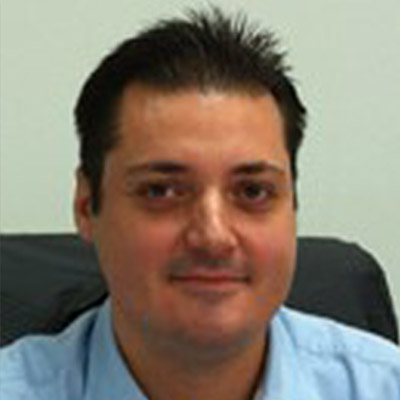
Dr Georgios Balasis
Dr Georgios Balasis is a Research Director in Space Physics at the Institute for Astronomy, Astrophysics, Space Applications and Remote Sensing (IAASARS) of the National Observatory of Athens (NOA), Greece.

Carla Braitenberg
–
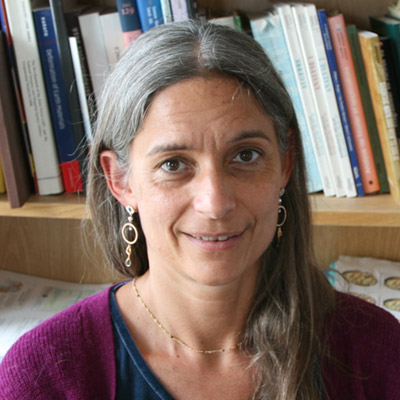
Isabelle Panet
Isabelle Panet studied at the Ecole Polytechnique from 1997 to 2000, and then joined the Institut National de l’Information Géographique et Forestière (IGN).

Christophe Salomon
–
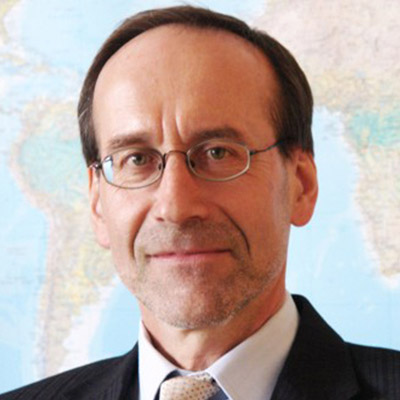
Harald Schuh
Harald Schuh (*1956) is Director of Department “Geodesy” at GFZ German Research Centre for Geosciences, and professor for “Satellite Geodesy” at TU Berlin.
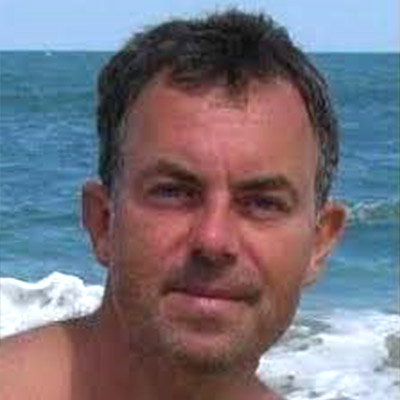
Martino Travagnin
Martino Travagnin obtained a Master Degree in Electronic Engineering in 1991 and a PhD in Physics in 1995.
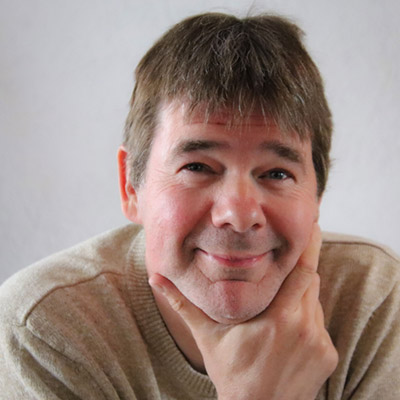
Pieter Visser
Pieter Visser is head of the Department of Space Engineering and chair holder Astrodynamics and Space missions at the Faculty of Aerospace Engineering of Delft University of Technology in the Netherlands.

Lisa Wörner
Lisa Wörner studied Physics in Munich, where she also finished her PhD in Plasma Physics. After that she ventured into Quantum Mechanics.



